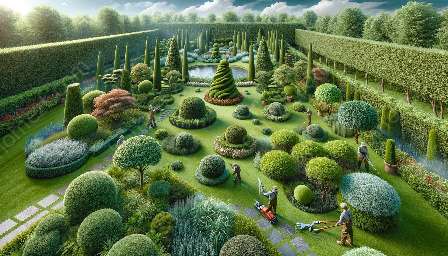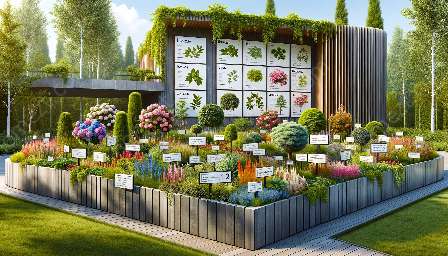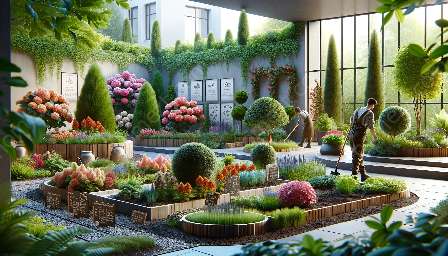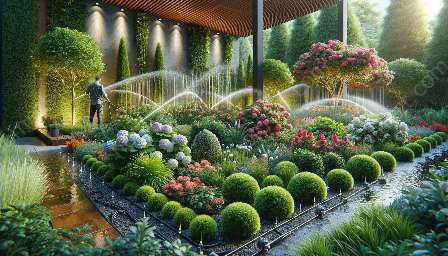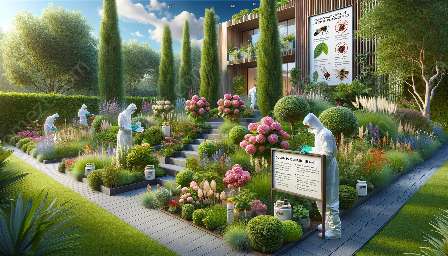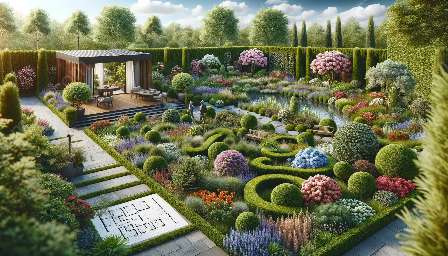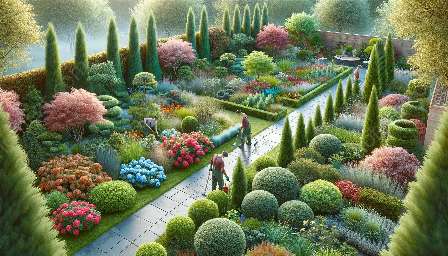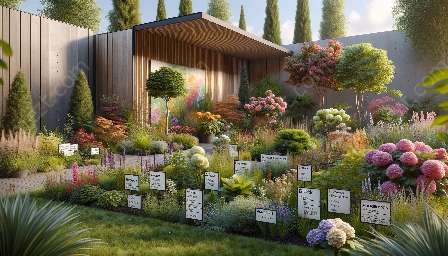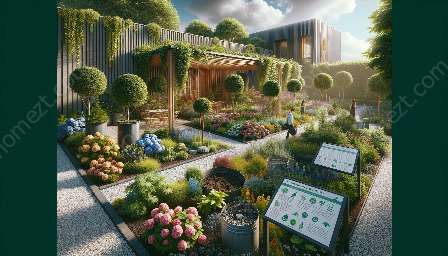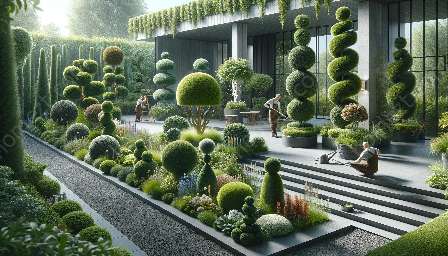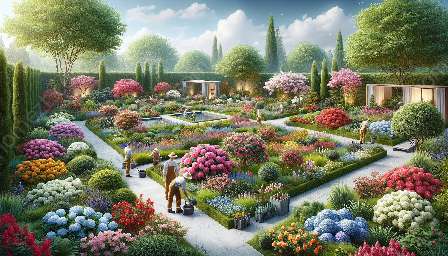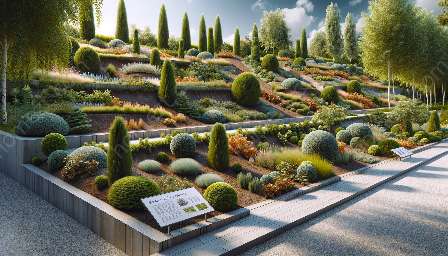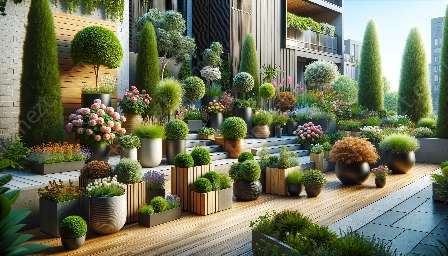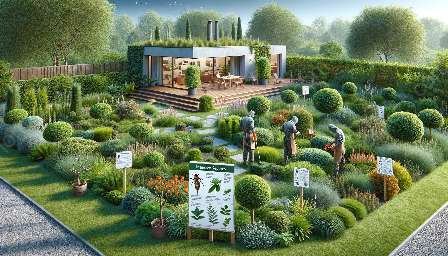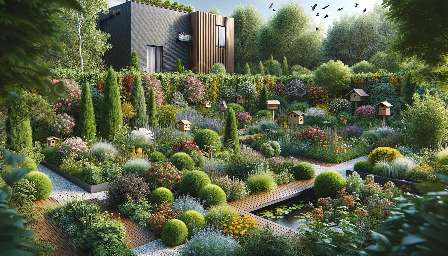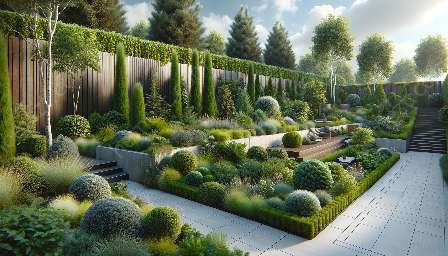Creating a sustainable garden is not only beneficial for the environment but also for the overall well-being of your outdoor space. When it comes to shrubs and bushes, applying sustainable gardening practices can result in a thriving and eco-friendly garden. In this topic cluster, we will explore various sustainable gardening practices that are compatible with shrubs and bushes, providing you with the knowledge and tools to create a beautiful and sustainable garden.
Benefits of Sustainable Gardening
Sustainable gardening practices focus on minimizing the negative impact on the environment while promoting natural processes and biodiversity. When applied to shrubs and bushes, these practices can enhance the health and resilience of the plants, leading to a more vibrant and sustainable garden. Some of the key benefits of sustainable gardening for shrubs and bushes include:
- Conservation of natural resources
- Reduction of chemical use
- Promotion of beneficial wildlife
- Healthier and more resilient plants
- Creation of a balanced and self-sustaining ecosystem
Organic Fertilization
One of the fundamental aspects of sustainable gardening for shrubs and bushes is the use of organic fertilizers. Organic fertilizers, such as compost, manure, and organic matter, provide essential nutrients to the soil and plants without introducing harmful chemicals. Additionally, the use of organic fertilizers helps improve soil structure, moisture retention, and overall plant health, creating a sustainable and nutrient-rich environment for shrubs and bushes.
Water Conservation
In sustainable gardening, water conservation is a critical practice, especially in regions prone to drought or water scarcity. When tending to shrubs and bushes, it's essential to implement water-efficient strategies, such as mulching, drip irrigation, and rainwater harvesting. These methods help minimize water wastage and promote efficient water usage, ensuring that shrubs and bushes receive adequate moisture while reducing the overall water footprint of the garden.
Natural Pest Control
Instead of relying on synthetic pesticides, sustainable gardening encourages the use of natural pest control methods for managing pests and diseases affecting shrubs and bushes. This may involve introducing beneficial insects, implementing companion planting, using organic pest-repelling solutions, and maintaining a diverse plant community to promote natural pest resistance. By utilizing these methods, you can protect your shrubs and bushes while preserving the balance of the ecosystem.
Native Plant Selection
Choosing native shrubs and bushes is an integral part of sustainable gardening. Native plants are well-adapted to the local environment, requiring less maintenance, water, and chemical inputs. By incorporating native species into your garden, you can contribute to the conservation of local biodiversity, support native pollinators and wildlife, and establish a resilient and sustainable landscape.
Composting and Waste Reduction
Composting organic waste and reducing unnecessary waste are essential practices in sustainable gardening. By composting yard debris and kitchen scraps, you can create nutrient-rich compost to enrich the soil around shrubs and bushes, while simultaneously reducing landfill waste. Additionally, utilizing sustainable gardening practices, such as minimal plastic usage and responsible plant selection, further minimizes environmental impact and promotes a more sustainable garden ecosystem.
Conclusion
As you delve into the world of sustainable gardening practices for shrubs and bushes, it's important to embrace these eco-friendly methods with a long-term vision. By implementing organic fertilization, water conservation, natural pest control, native plant selection, and waste reduction, you can cultivate a thriving garden that harmonizes with nature. Embracing sustainability in your gardening endeavors not only benefits the environment but also creates a lasting and beautiful outdoor space for you to enjoy.

